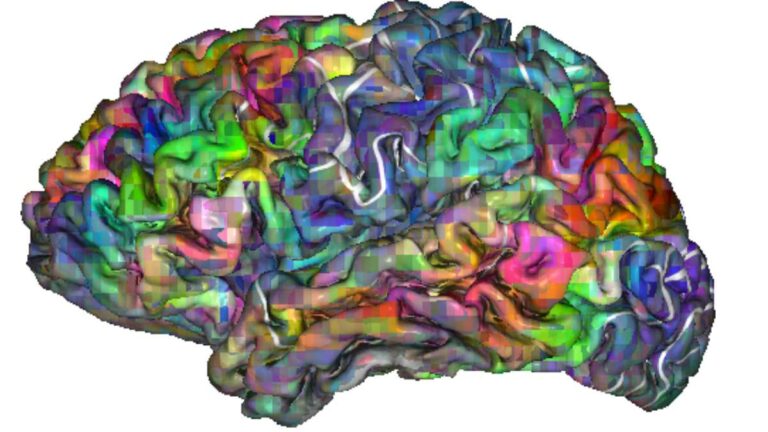It’s well known that perception of different smells and tastes can change when a woman is pregnant. But did you know this is also true for flies? Not only that, but just how these changes are triggered is not really known, either for mammals or insects. But now, scientists from the Max Planck Institute of…
What Is Hemispatial Neglect?
Hemispatial neglect, also known as unilateral neglect, spatial neglect, or hemineglect, is a common and disabling condition following brain damage in which patients fail to be aware of items to one side of space. Neglect is most prominent and long-lasting after damage to the right hemisphere of the human brain, particularly following a stroke. Such…
How Children Use Their Emotions To Learn
Emotions play a critical role in everyday life. The ability to express, regulate, and understand one’s own and others’ emotions – known as emotional competence – is linked to good social skills and to doing better at school. Children and adults who are emotionally competent tend to have more successful social lives. And children with…
Your Brain Calculates Confidence Using Statistics
The directions, which came via cell phone, were a little garbled, but as you understood them: “Turn left at the 3rd light and go straight; the restaurant will be on your right side.” Ten minutes ago you made the turn. Still no restaurant in sight. How do you decide how far will you be willing…
High Fat Diets Starve The Brain Of Glucose
High-fat-content foods throw our bodies out of kilter. Obesity and diseases such as type 2 diabetes can be the result. But what does a high-fat diet actually do to our brain? Three days of a high-fat diet in mice leads to a reduction in the amount of glucose that reaches the brain, scientists from the…
Temporal Self-Continuity Across The Life Span
Understanding your present self depends not only on thoughts, feelings, and activities, but also on experiences and recollections of the past and the vision of yourself into the future. In other words, it all depends on where you’ve been, and where you’re going. A new study explores how people view themselves over different time spans.…
Semantic Maps Revealed On The Cerebral Cortex
Scientists at the University of California, Berkeley have constructed a “semantic atlas” that shows in vivid colors and multiple dimensions how the human brain organizes language. The atlas identifies brain areas that respond to words that have similar meanings. The findings are based on a brain imaging study that recorded neural activity while study volunteers…
Why Some Cancer Cells May Be More Metastatic Than Others
The spreading of cancer cells from one part of the body to another, a process known as metastasis, is the leading cause of death among cancer patients. A new study published in Biophysical Journal shows why some cancer cells may be more metastatic than others. The findings reveal that breast cancer cells spread to other…
Musical Rhythms Help Babies Find Patterns In Speech
A series of play sessions with music not only improved 9-month-old babies’ brain processing of music, but also speech sounds, report researchers. Language has strong rhythmic patterns. The timing of syllables helps listeners define one speech sound from another and understand what someone is saying. And it’s the ability to identify differences in speech sounds…
